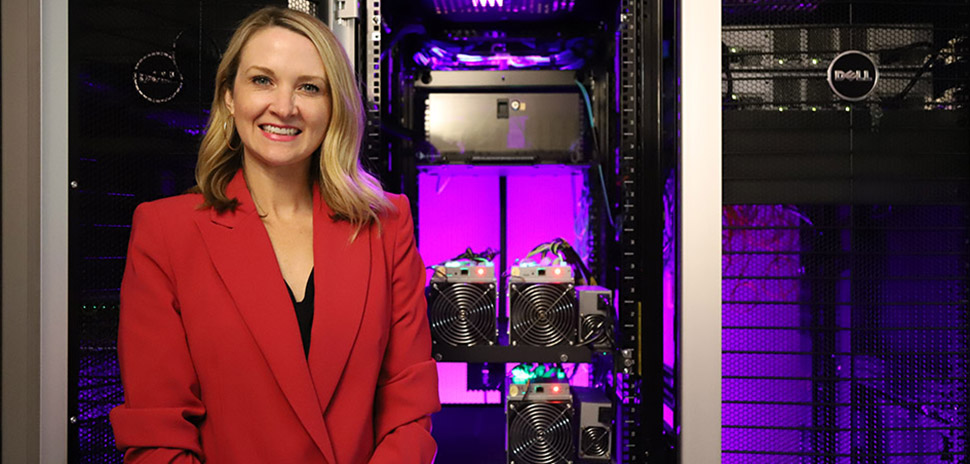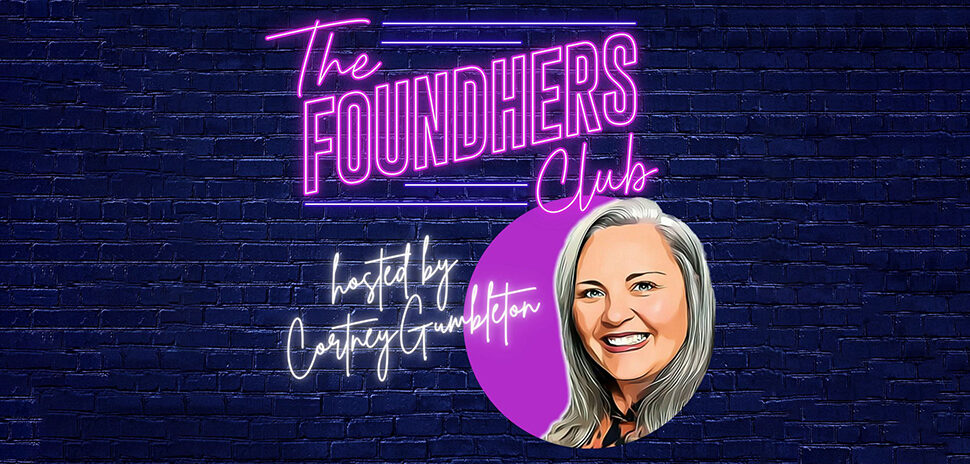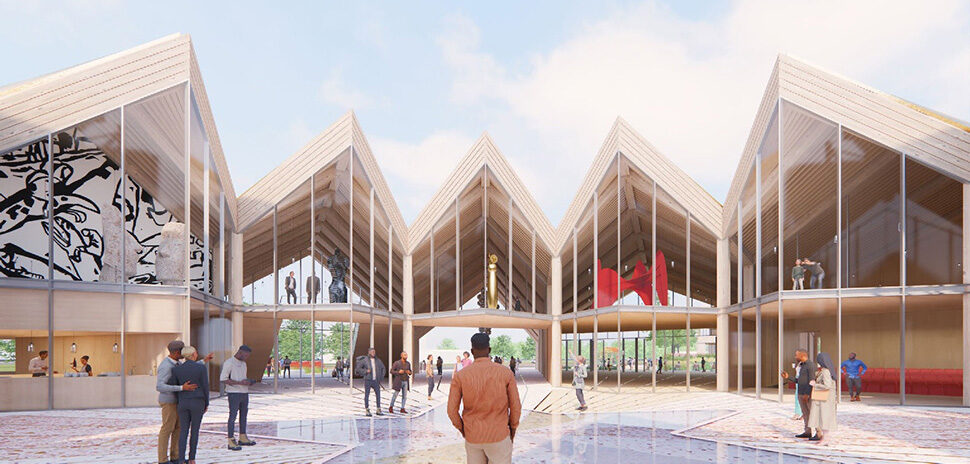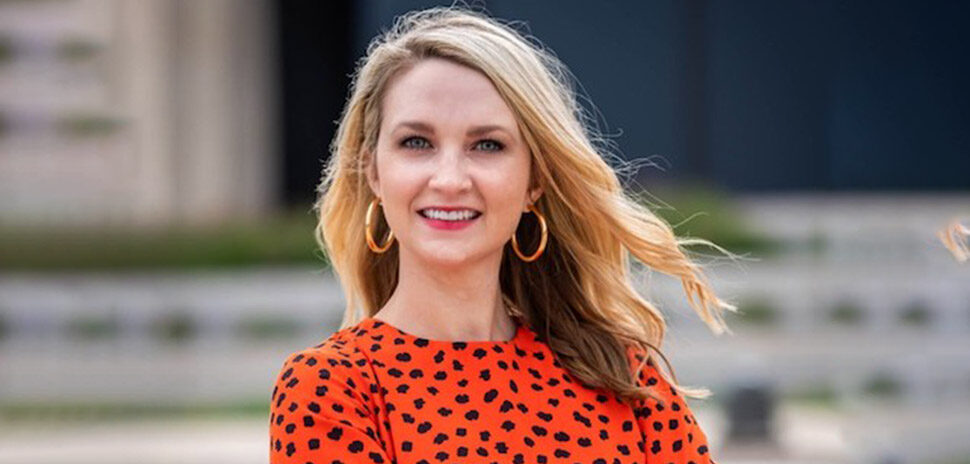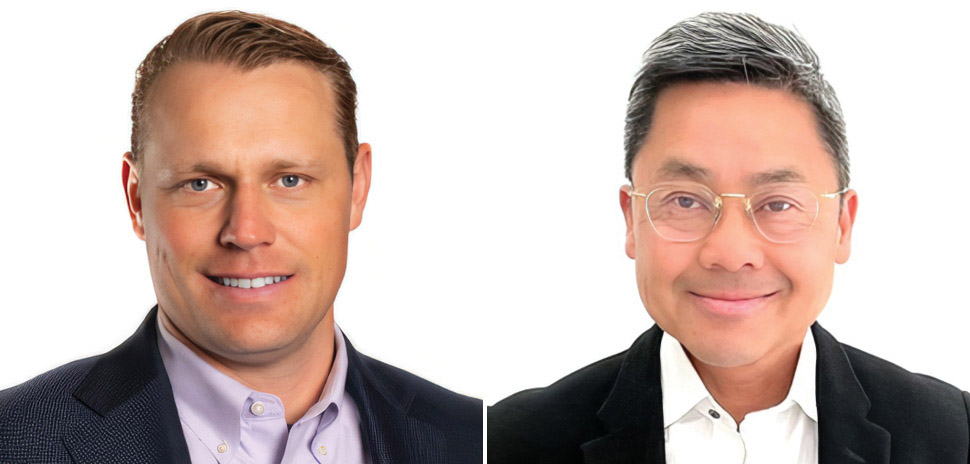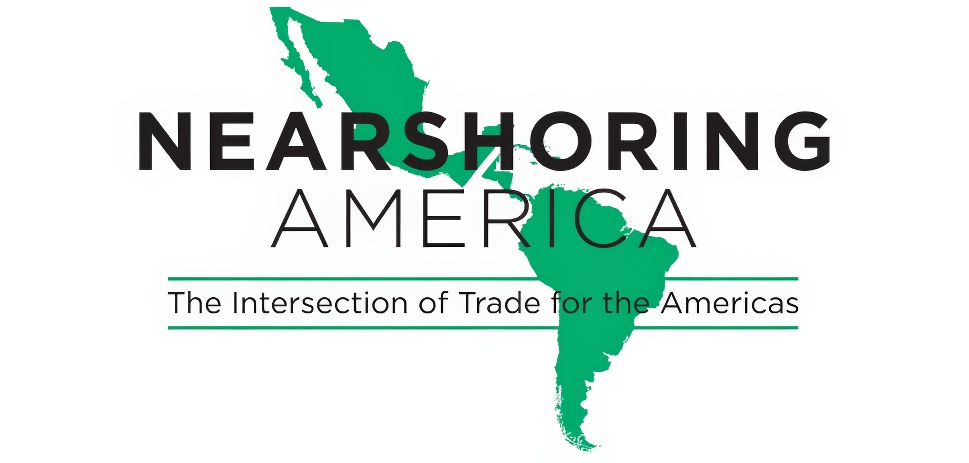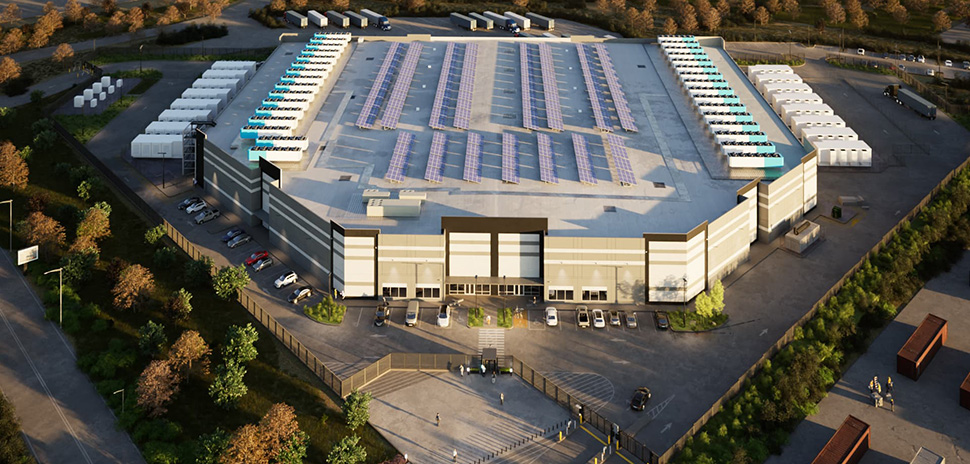It was never about making money. It was about making an impression. And it sure did—753 million times and as far away as Malaysia.
On April 26, Fort Worth became the first U.S. city to mine its own Bitcoin when Mayor Mattie Parker plugged in three S9 Bitcoin mining machines. The machines, donated by the Texas Blockchain Council, began running 24/7 in the city hall’s climate-controlled IT solutions department data center, following a city council vote that authorized the six-month pilot program.
“We want to make sure not only Fort Worth, but the entire state of Texas, is crypto friendly to be the crypto capital of the world,” Parker said on a live Twitter feed that day.
With blockchain technology and cryptocurrency revolutionizing the financial landscape, “we want to transform Fort Worth into a tech-friendly city,” Parker added in a statement. “Today, with the support and partnership of Texas Blockchain Council, we’re stepping into that world on a small scale while sending a big message—Fort Worth is where the future begins.”
The results are in
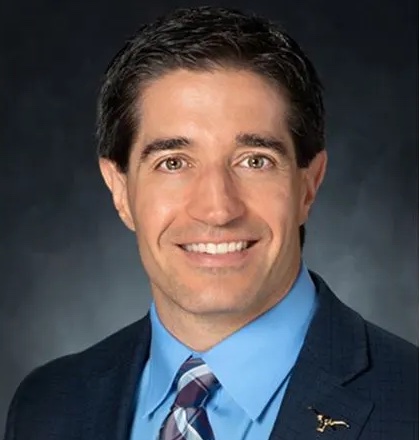
Carlo Capua
Now the six months are up, and the results are in: The city netted $1,019.31 from the pilot after electricity costs. But as Carlo Capua, the city’s chief of strategy and innovation, told the city council Tuesday, the real payoff was that the story went viral—across the U.S. and yes, as far away as Malaysia.
“We tallied nearly 753 million media impressions from this project, which has now branded our city as innovative on a global scale,” Capua told the city council.
The pilot made an impression on businesses across the U.S., too. Capua said companies in California, Maryland, Massachusetts, and New Jersey have become interested in Fort Worth after hearing about the program.
“It makes sense that high-tech companies want to do business in a tech-friendly city,” he said.
So the city isn’t stopping now.
The mining will continue
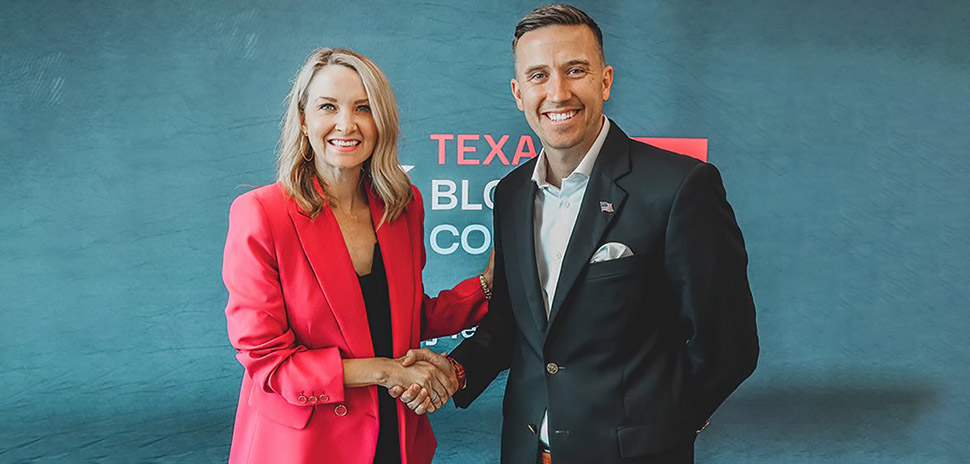
Fort Worth Mayor Mattie Parker with Texas Blockchain Council chief Lee Bratcher. [Image: City of Fort Worth]
Capua said Fort Worth will continue its city hall mining program, leveraging it as a springboard for other innovation occurring in the Panther City.
“The Bitcoin story brings them to our front porch,” Capua said. “Then, we can share other things happening in our city, such as the National Juneteenth Museum and the Texas A&M Research Center.”
The Texas Blockchain Council donated the mining machines to the city for the six-month pilot, but is now allowing the Fort Worth to keep them.
“Texas is the epicenter for Bitcoin mining globally,” Lee Bratcher, the council’s president and founder, said during the pilot’s launch in April. “And now Fort Worth is positioning itself to be the capital of Bitcoin mining in Texas. And with the vision of Fort Worth to be a city of innovation, a city of technology, attracting entrepreneurs and venture capital here, this is a great step.”
Part of a larger growth plan for Fort Worth
Becoming the first U.S. city to mine Bitcoin is part of a larger growth plan for the city, including partnerships with Texas A&M University System’s planned Research and Innovation Center in downtown Fort Worth and the Techstars Physical Health Fort Worth Accelerator, and the establishment of Fort Worth’s Entrepreneurship and Innovation Council Committee.
The city’s Economic Development Strategic Plan has the goal of “next-level” economic development that will “encourage innovation and creativity; build an environment that’s attractive to talented individuals and dynamic businesses; and maintain a forward-looking organizational structure.”
![]()
Get on the list.
Dallas Innovates, every day.
Sign up to keep your eye on what’s new and next in Dallas-Fort Worth, every day.










